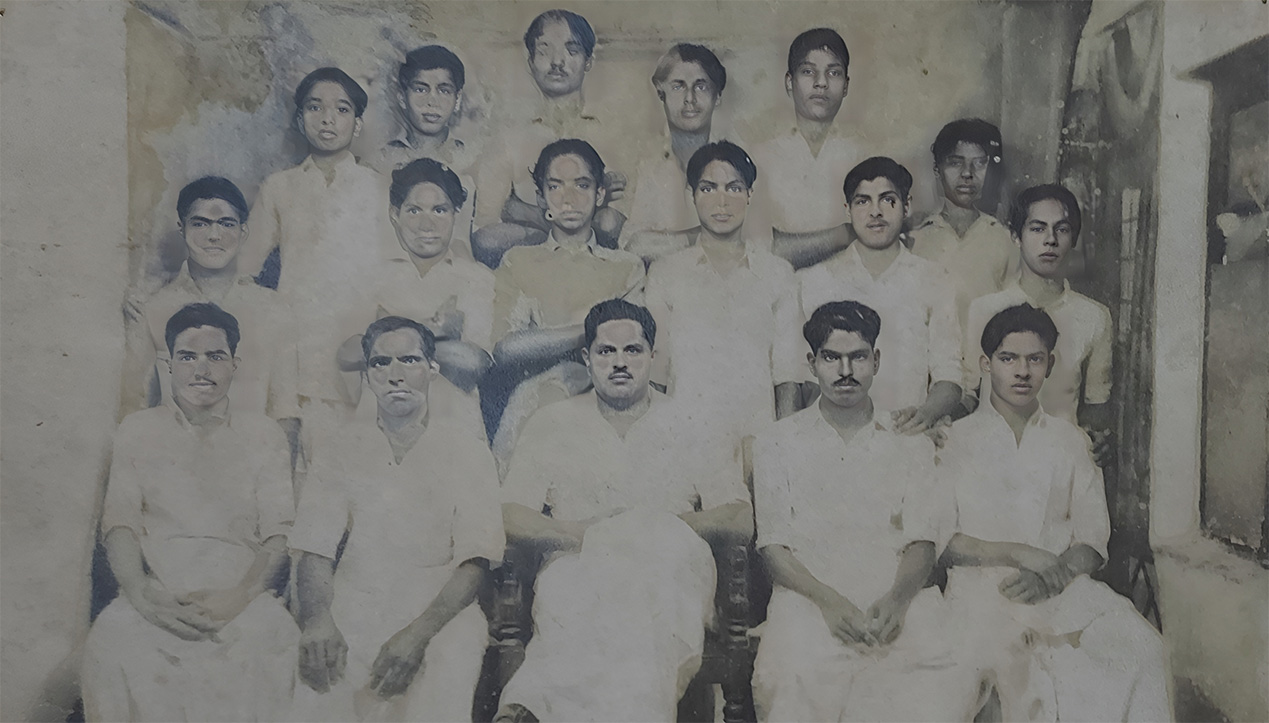The visionaries who chartered the course of the business in its historical beginnings. Mambally Bapu (top left), Mambally Gopalan (top right), Kunimadha Ponnambath (Gopalan’s wife)
Legacy Across the Ages: Three Centuries Strong



‘‘Throughout the centuries, there were men who took their first steps down new roads armed with nothing but their own vision’’ ~ Ayn Rand
Set deep within the quaint, scenic and historical town of Thalassery once known as Tellicherry, on the Malabar Coast in Kerala is the story of one of India’s first bakeries. A leap of faith that pioneered what is today an over 10 billion dollar bakery industry of India and also led to Thalassery’s unofficial title – Land of 3 C’s -Cakes, Cricket and Circus.
Tellicherry, a port town grew in prominence due to its strategic location and played a significant commercial, cultural, educational role in the history of India, especially during the colonial era when it was a prominent trade and commerce hub attracting Dutch, British, Portuguese, Chinese, Arab and Jewish merchants who came in search of spices, textiles and other exotic treasures. Nicknamed “The Paris of Kerala” by the Europeans, it was here, that the British East India Company established its first trading post on the Malabar Coast.
It was during this era, in the year 1880, that Mambally Bapu a well-travelled and successful business man and trader driven by his passion and sharp business acumen established ‘Mambally’s Royal Biscuit Factory’. Having mastered the art of biscuit making in Burma he opened shop producing over 40 different varieties of biscuits, rusks, bread and buns. The bakery grew immensely popular with the locals and foreigners alike. It soon became one of the two prominent bakeries in India at the time, the second being one in West Bengal but that catered exclusively to the British.
It is this passion that has led to numerous awards over the years and the creation of several iconic desserts which are now the staple at bakeries across the country, such as the revered Christmas Plum Cake, which some might consider our signature. Then there are other mouth-watering delights such as The Barley, Cashew, Masala, Fruit, Jam and Tea Biscuits, Butter Beans, Japanese Cake, Tea Rusks and the latest addition the iconic Ghee Cake that’s become the rage around the world and has even received awards such as the prestigious Indo Arab award as the Brand Ambassador of Ghee Cake from The Dubai Government and The Star of Asia Award by the Open International University, Sri Lanka.
Over the centuries our family bakeries have won several awards and broken multiple records including being featured in the Guinness book of World Records, The Asia book of Records, India book of Records, Best of India and the Limca book of Records.

Coming full circle after 140 years: 4th and 5th generation of the families, Dr. Paul Brown and Renuka Bala celebrate the Plum cake tradition started by their forefathers
We take great pride in mentioning that, even today at Mambally’s Royal Biscuit Factory, many of our recipes have been passed down through five generations, including several historical recipes from the 18th century. These recipes have been adapted to changing tastes, resulting in the creation of unique and mouth-watering treats. Our biscuits and cake continue to be handcrafted using traditional techniques and traditional biscuit moulds, the designs for which haven’t changed across 3 centuries, are made in pure butter, with the finest ingredients, without added preservatives while being baked in woodfired ovens that give it a distinct and deep flavour.
“Returning to tradition doesn’t mean returning to the past; It means reconnecting to the wisdom of our ancestors and bringing it forward with us” ~ Unknown













